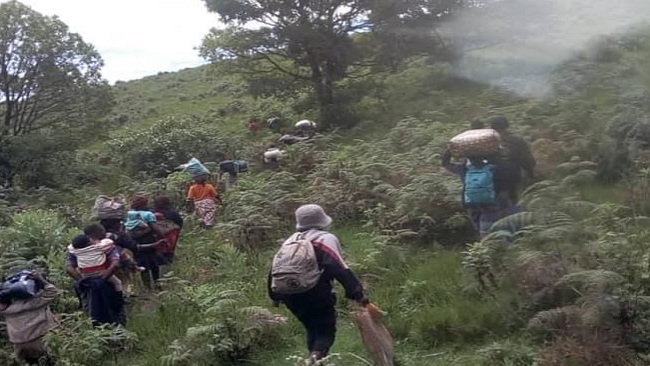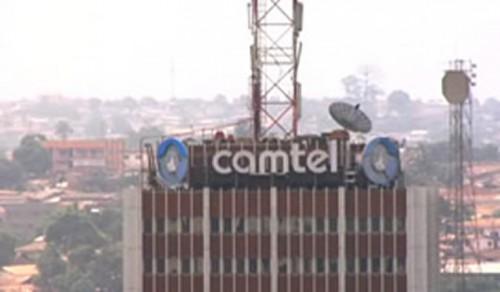24, February 2025
7,000+ killed in eastern DR Congo since January 0
More than 7,000 people, many of them civilians, have been killed in the eastern region of the Democratic Republic of Congo since January, Prime Minister Judith Suminwa Tuluka said on Monday.
Armed members of the Rwanda-backed M23 rebel group, who have seized large swathes of the mineral-rich eastern DRC, including the main eastern cities of Goma and Bukavu, have met with the limited resistance of the fleeing Congolese armed forces.
“The security situation in eastern DRC has reached alarming levels,” Tuluka warned, addressing the United Nations Human Rights Council in Geneva.
She said the fatalities include “more than 2,500 bodies buried without being identified” and 1,500 bodies were still in the morgue.
The prime minister said “for the moment… we have not yet been able to identify all of these people.” She noted, however, that “there is a significant mass of civilians who are part of these dead.”
According to UN reports, the rebels, backed by some 4,000 Rwandan troops, have made rapid advances, sending thousands of people fleeing from the region.
Protesters have attacked the embassies of the United States and France in Kinshasa, the capital of the Democratic Republic of Congo (DRC).
The rebel forces took control of the South Kivu provincial capital Bukavu recently, after first capturing Goma, the capital city of North Kivu province.
Congo’s prime minister said more than 3,000 people had been killed in Goma alone.
The M23 is the most potent of the many armed groups vying for a foothold in Congo’s east, which has trillions of dollars of mostly untapped mineral wealth such as lithium, which is used in technology for batteries in devices such as mobile phones and laptops.
In related news, Kaja Kallas, the EU High Representative for Foreign Affairs and Security Policy, said Congo’s territorial integrity was “non-negotiable.”
The EU’s top diplomat said Brussels defense consultations with Rwanda have been suspended while their memorandum of understanding (MOU) on critical raw materials production is under review.
The EU and Rwanda had signed the MOU to “nurture sustainable and resilient value chains for critical raw materials,” she said.
The African country “produces tin, tungsten, gold and niobium, and has potential for lithium and rare earth elements,” she said.
Source: Presstv


























25, February 2025
Rev Father Nixon Mullah, S.S.J., dies at 51 0
A memorial Mass for Josephite Father Nixon Mullah will be offered Feb. 28 at 7 p.m. at St. Luke in Washington, D.C.
Father Mullah, who earned a doctorate in theology from the Pontifical University of St. Thomas Aquinas in Rome, died Feb. 18 in his native Cameroon following a battle with cancer that lasted several years. He was 51.
Father Mullah was ordained to the priesthood in 2005 for the Archdiocese of Urbino, Italy. Attracted to the ministry of the Josephites, he joined the Baltimore-based Society of St. Joseph of the Sacred Heart in 2007.
He served as an associate pastor of St. Francis Xavier in Baltimore (2007-10) and was vice rector of St. Joseph Seminary in Washington, D.C.; rector of St. Martin de Porres House of Studies in Ibadan, Nigeria, and pastor of Holy Family in Baytown, Texas, before being appointed rector of St. Joseph Seminary in 2019.
Source: Catholic Review